Partnership & Grantee Highlights
Meet the Vermont Pollinator Working Group Grantees
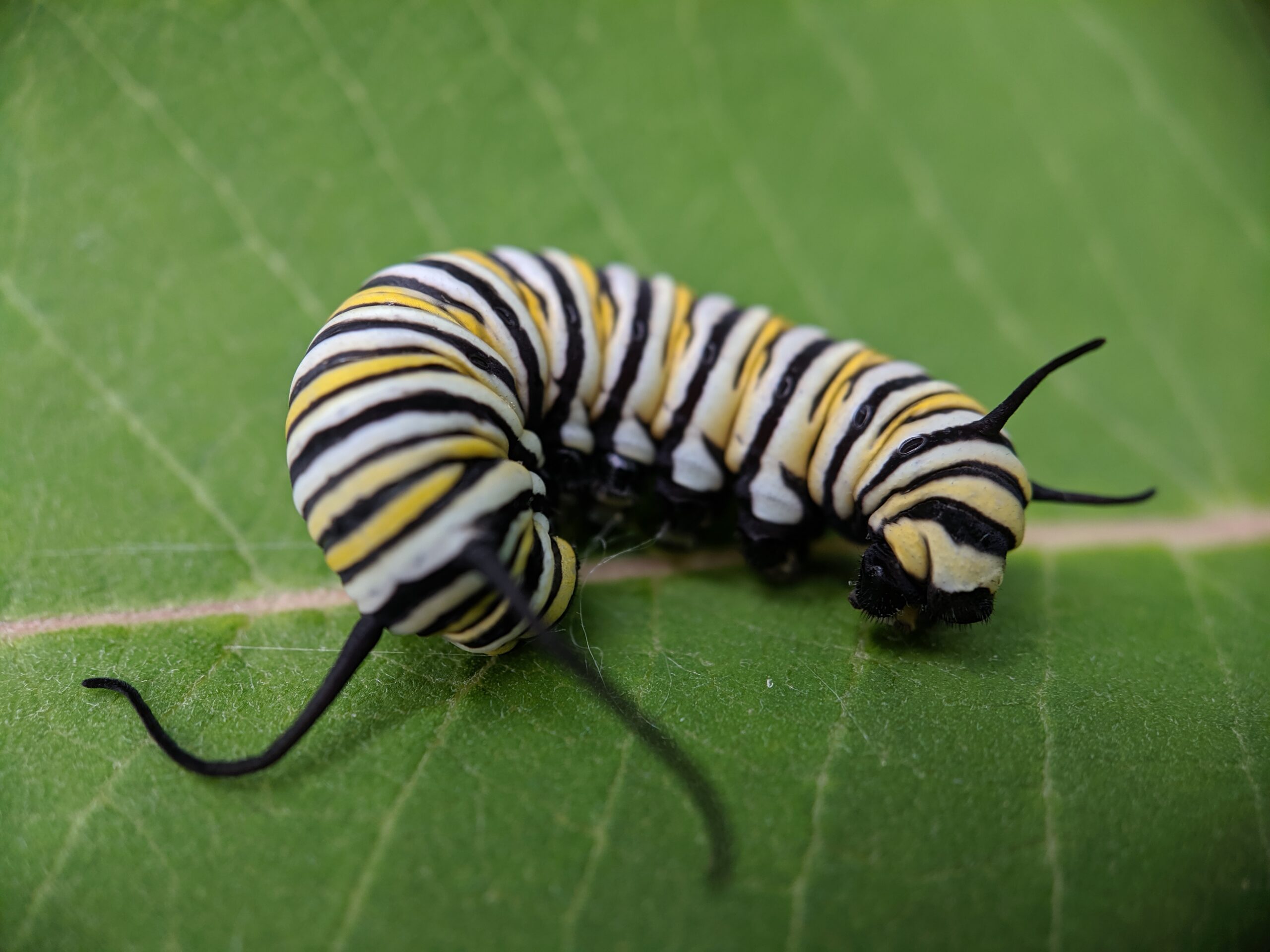
Appalachian Mountain Club
‘Building alpine plant-pollinator networks and fostering conservation connections in gateway communities’
(Boston, MA) This project will use science-based monitoring, with a focus on expanding non-destructive and community participatory methods, to increase understanding of mountain pollinator resources in the face of invasive plant species and global change. The monitoring will be paired with community science and outreach to connect mountain gateway communities in northern New England to the broader landscape and foster stewardship of pollinator habitat on the mountain and at home.
Cedar Circle Farm and Education Center, Inc.
‘Vermont Pollinator Working Group Ecotype Seed Initiative’
(Thetford, VT) The initiative will increase the availability of diverse pollinator habitat and forage in Vermont through increasing the supply of local ecotype seeds. This will allow for greater supply of ecotype appropriate native plants in the landscape through making this seed available to conservation organizations, nursery growers, and homeowners. In addition to improving seed availability, the project will include outreach and education to conservation groups, farmers, and partnership with botanists at the state level and others within the Vermont Pollinator Working Group.
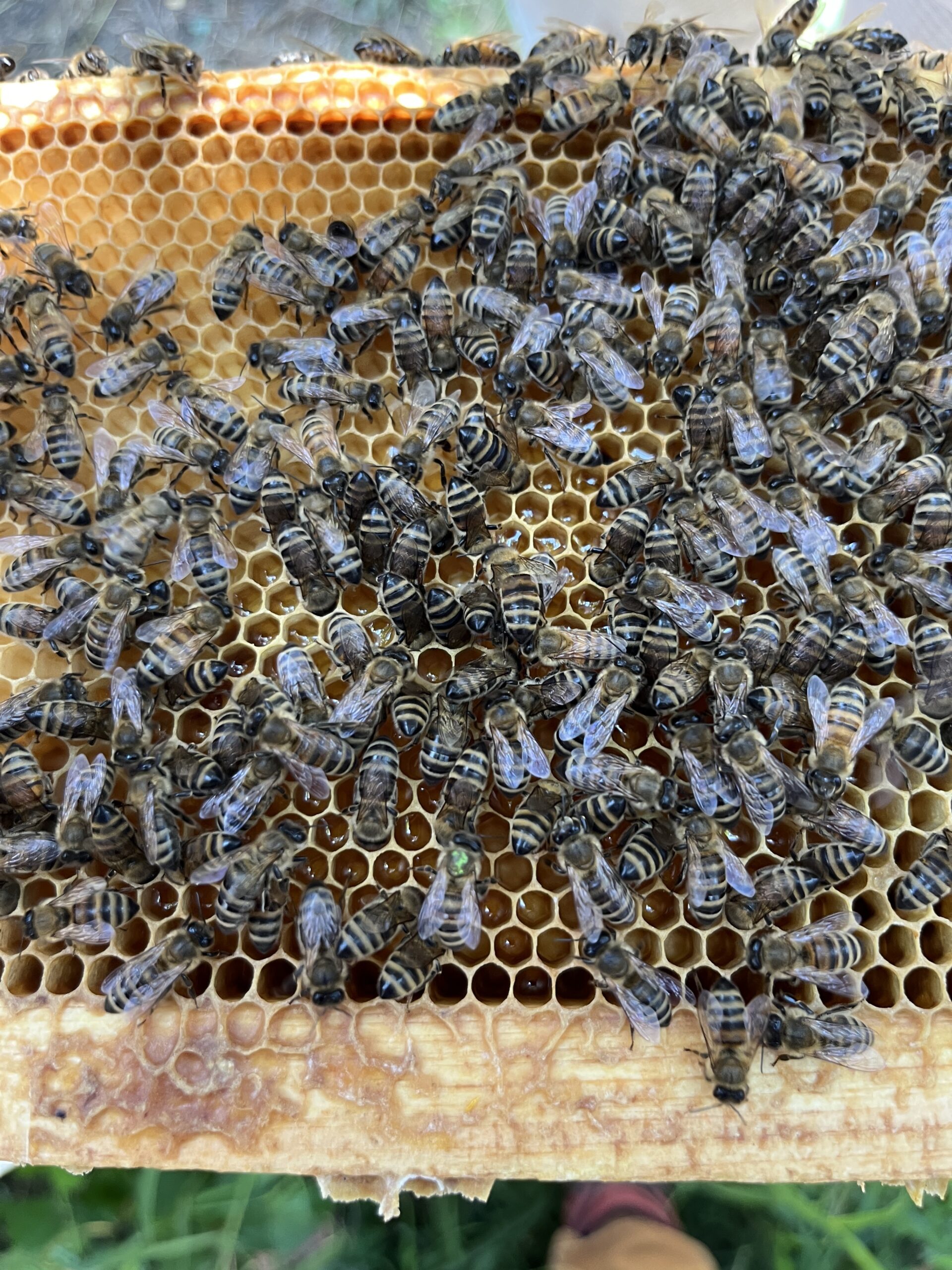

Cedar Circle Farm and Education Center, Inc.
‘Vermont Pollinator Working Group Ecotype Seed Initiative’
(Thetford, VT) The initiative will increase the availability of diverse pollinator habitat and forage in Vermont through increasing the supply of local ecotype seeds. This will allow for greater supply of ecotype appropriate native plants in the landscape through making this seed available to conservation organizations, nursery growers, and homeowners. In addition to improving seed availability, the project will include outreach and education to conservation groups, farmers, and partnership with botanists at the state level and others within the Vermont Pollinator Working Group.

Intervale Center, Inc.
‘Intervale Center and North Woods Stewardship Center Collaboration: Pollinator Habitat and Native Plant Stock Development’
(Burlington, VT) This collaborative project will: (1) expand pollinator habitat, including seed increase plots, on the lands that the Intervale Center manages resulting in: increased variety of habitat structures and bloom times, reduced presence of non-native invasive plant species, enhanced crop pollination for adjacent farm fields, fallow field restoration, and increased public awareness; (2) improve capacity to coordinate the mapping, tracking, collecting, cleaning, storing, and distributing of native plant seeds to support nursery sector development and advance research into direct seeding; and (3) expand educational relationships between schools and conservation organizations to engage more students in native seed collection and its critical impact on ecosystem stewardship and pollinator conservation.
Natural Resources Defense Council, Inc.
‘Protecting Pollinators’
(New York, NY) This project focuses on advancing policy change around eliminating unnecessary and destructive pesticide use driving the current pollinator crisis. This will be achieved through a “bottom-up” strategy of legislative and administrative advocacy at the state level to create models that can be adopted or adapted by other states and, eventually, the federal government.
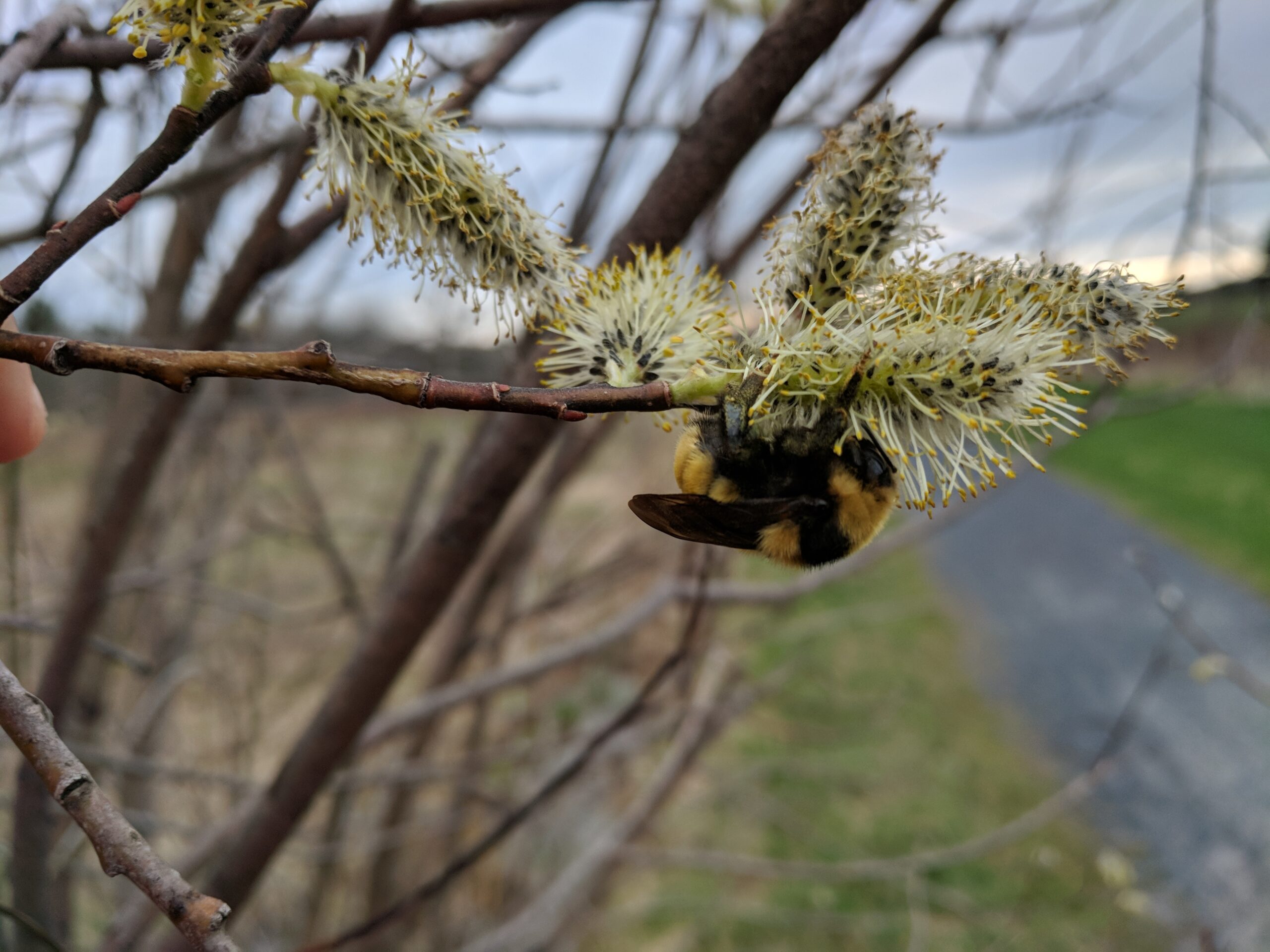

Natural Resources Defense Council, Inc.
‘Protecting Pollinators’
(New York, NY) This project focuses on advancing policy change around eliminating unnecessary and destructive pesticide use driving the current pollinator crisis. This will be achieved through a “bottom-up” strategy of legislative and administrative advocacy at the state level to create models that can be adopted or adapted by other states and, eventually, the federal government.

Northeast Organic Farming Association of Vermont
‘Supporting farms, land stewards, and the next generation to advance pollinator-friendly organic farming’
(Richmond, VT) Within this project, NOFA will promote pollinator-friendly practices, teach about alternatives to pesticides, expand efforts to enhance non-toxic pollinator habitat and forage, and encourage the purchase of organic food. This will be accomplished through: (1) providing one-on-one technical assistance to farms for adaptation/resilience planning with a focus on identifying strategies, prioritizing investments, and implementing practices that increase farm, biodiversity, and ecosystem health; (2) developing a Farmer Agroforestry Cohort to provide farms with in-depth peer learning opportunities, consultant support, and implementation grants for planning and planting agroforestry systems that will increase their farm resilience and expand habitat for pollinators and wildlife; (3) hosting annual workshops on pollinator-friendly practices for both adults and children; and (4) printing and distributing the Organic Farm and Food Guide to share important messages about organic farming with the general public and encourage consumers to purchase more organic food.
Shelburne Farms
‘Shelburne Farms pollinator plan: cultivating knowledge and habitat for a sustainable future’
(Shelburne, VT) This project will focus on pollinator protection with emphasis on visitor education. This will be achieved through (1) the development of interactive, action-oriented educational programs that engage farm visitors in learning about pollinators and inspiring conservation action at home; (2) evaluation of effectiveness of educational programming and conservation impact; (3) the creation of a shareable library of pollinator resources for use by Shelburne Farms, educators, and community members, helping to ensure the sustainability of educational efforts beyond the initial project period; and (4) staff training on the fundamentals of pollinator biology and conservation.
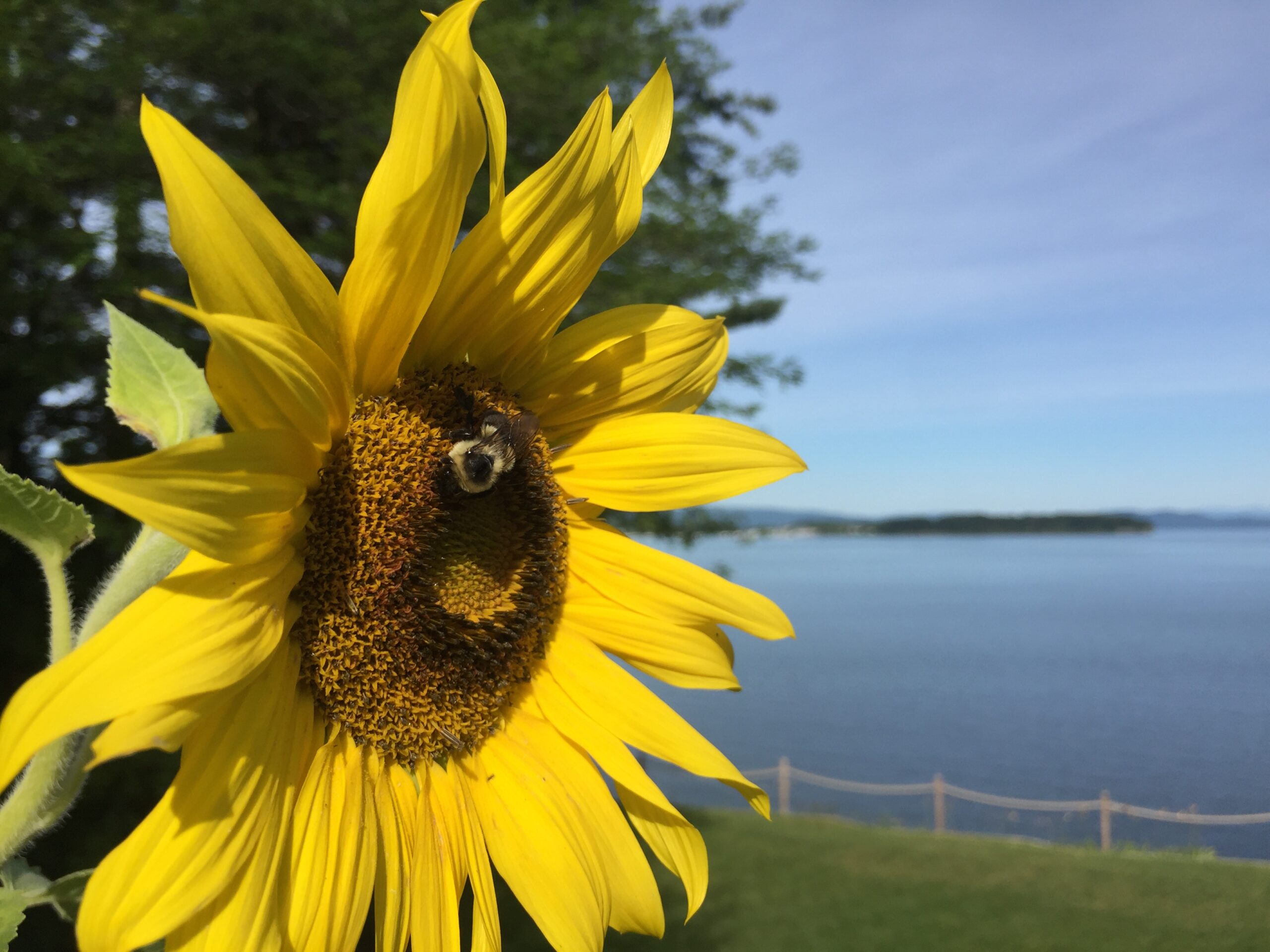

Shelburne Farms
‘Shelburne Farms pollinator plan: cultivating knowledge and habitat for a sustainable future’
(Shelburne, VT) This project will focus on pollinator protection with emphasis on visitor education. This will be achieved through (1) the development of interactive, action-oriented educational programs that engage farm visitors in learning about pollinators and inspiring conservation action at home; (2) evaluation of effectiveness of educational programming and conservation impact; (3) the creation of a shareable library of pollinator resources for use by Shelburne Farms, educators, and community members, helping to ensure the sustainability of educational efforts beyond the initial project period; and (4) staff training on the fundamentals of pollinator biology and conservation.
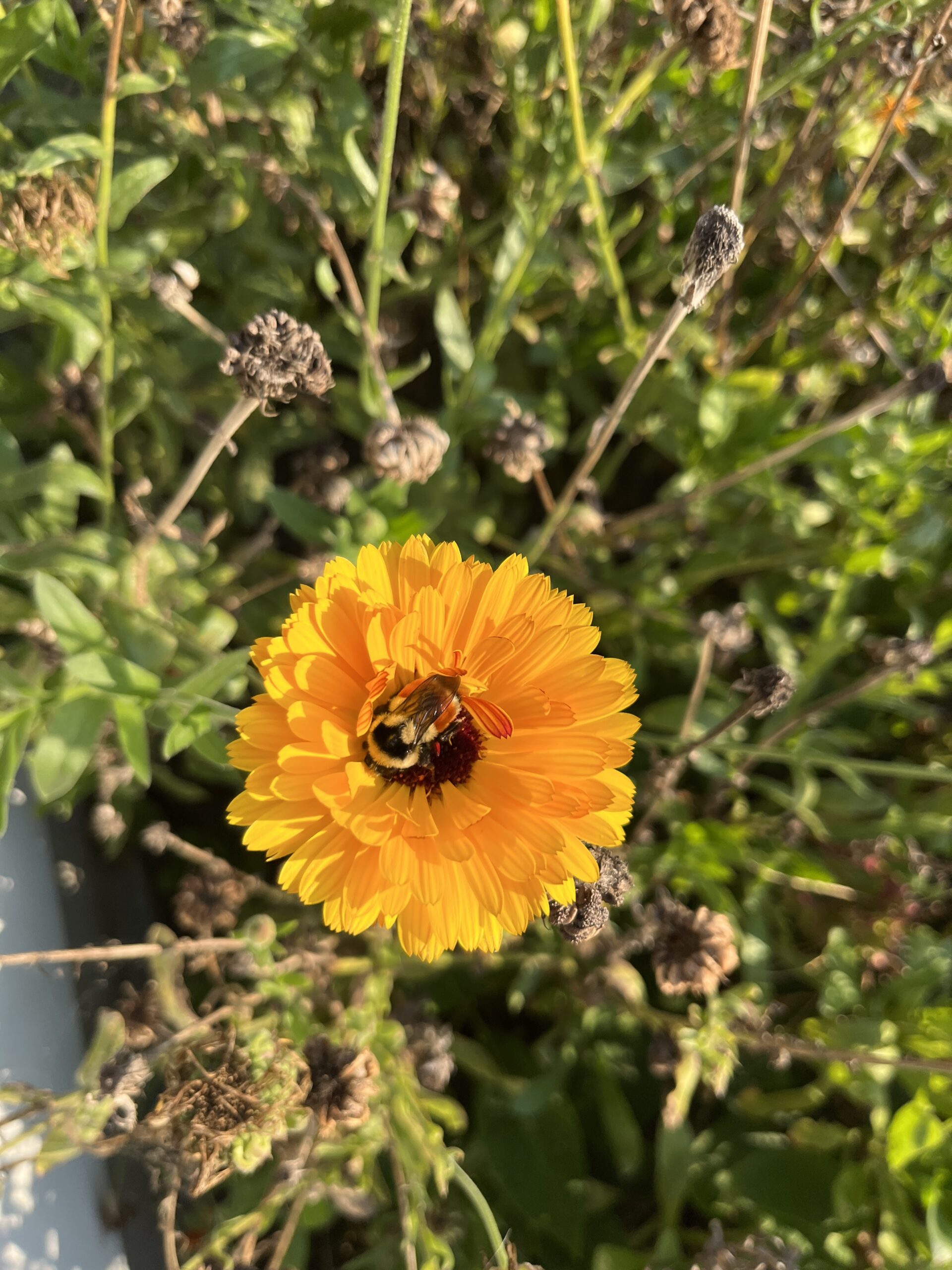
The Vermont Center for Ecostudies, Inc.
- ‘Preserving Backyard Biodiversity: A Multimedia Campaign on the Impact of Pesticides on Vermont’s Pollinators’
(Norwich, VT) Through this project, The Vermont Center for Ecostudies in conjunction with Junction Arts & Media, will produce a 15-minute educational film to raise awareness about the risks of tick pesticides on pollinators and promote eco-friendly alternatives. The film will be distributed across a variety of platforms to reach landowners in Vermont’s Upper Valley and beyond.
- ‘Vermont Pesticide Dashboard’
(Norwich, VT) Within this partnership between the Vermont Center for Ecostudies and the University of Vermont’s Bee Lab, a dashboard will be developed to display data on the pesticide exposure of managed bees from pollen samples collected by community scientists throughout Vermont. These data will be openly accessible and easily digestible to provide a more detailed picture of the impacts of pesticide use and pollinator exposure risk and will be particularly impactful in identifying changes to pesticide regimes as future statewide regulations are enacted.
Vermont Monitoring Cooperative
‘Developing a Risk Assessment Tool for Managing Early Season Row Crop Pests’
(Burlington, VT) This project will explore how production strategies and environment influence the risk of damage from early season pests in row crops. In collaboration with Cornell University, the Vermont Monitoring Cooperative will partner with Vermont farmers to evaluate pest incidence and severity on fields planted with and without neonicotinoid seed treatments; crop pests will be monitored, damage to crops recorded, and crop yields inventoried. The resulting data will be shared with participating farmers, the larger agricultural community, and relevant stakeholders through online materials and events held throughout the project period. At the conclusion of three years of field trials, data will be assessed in conjunction with Cornell University to develop a risk assessment tool to determine the need for seed treatment.
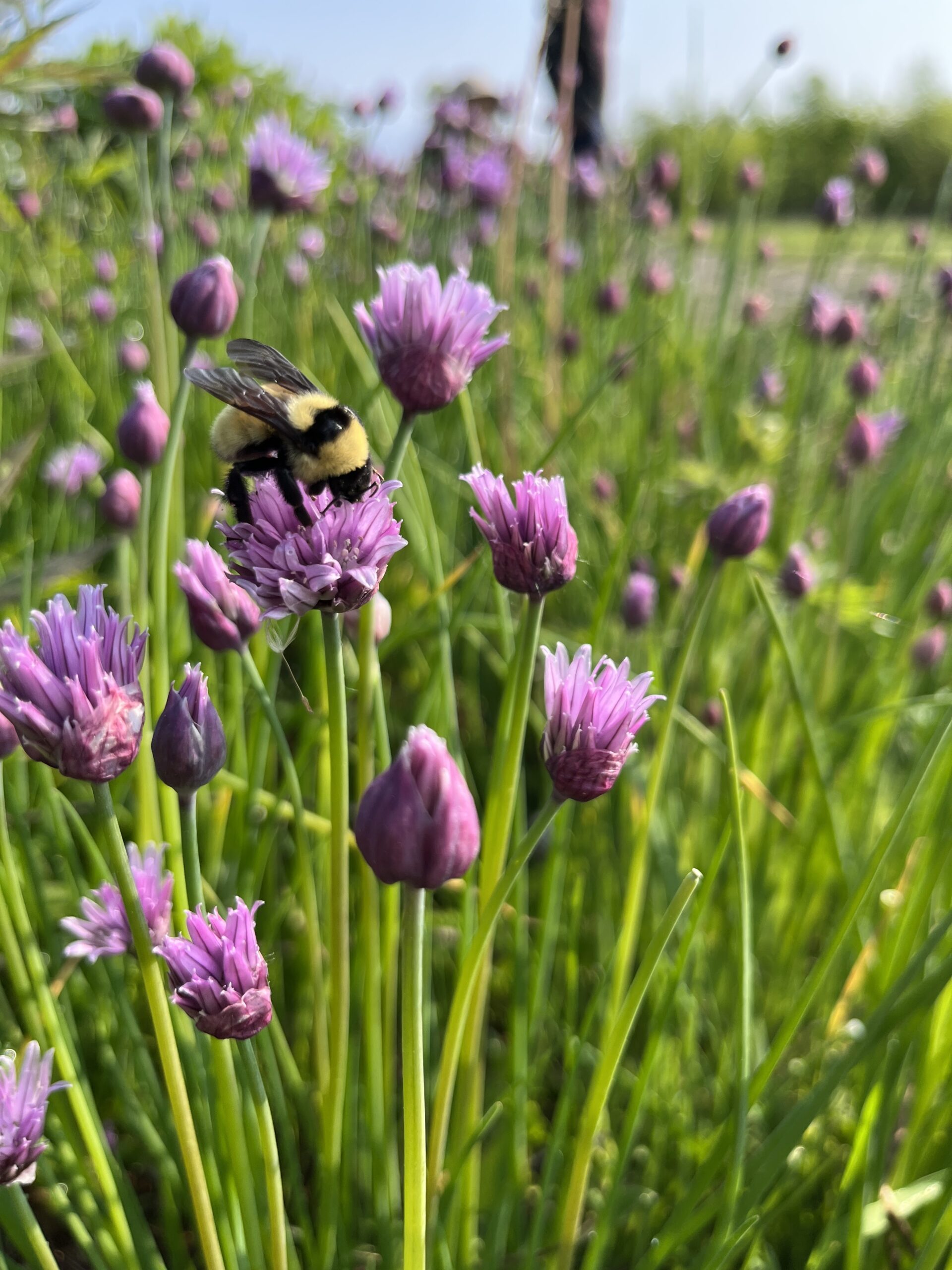

Vermont Monitoring Cooperative
‘Developing a Risk Assessment Tool for Managing Early Season Row Crop Pests’
(Burlington, VT) This project will explore how production strategies and environment influence the risk of damage from early season pests in row crops. In collaboration with Cornell University, the Vermont Monitoring Cooperative will partner with Vermont farmers to evaluate pest incidence and severity on fields planted with and without neonicotinoid seed treatments; crop pests will be monitored, damage to crops recorded, and crop yields inventoried. The resulting data will be shared with participating farmers, the larger agricultural community, and relevant stakeholders through online materials and events held throughout the project period. At the conclusion of three years of field trials, data will be assessed in conjunction with Cornell University to develop a risk assessment tool to determine the need for seed treatment.
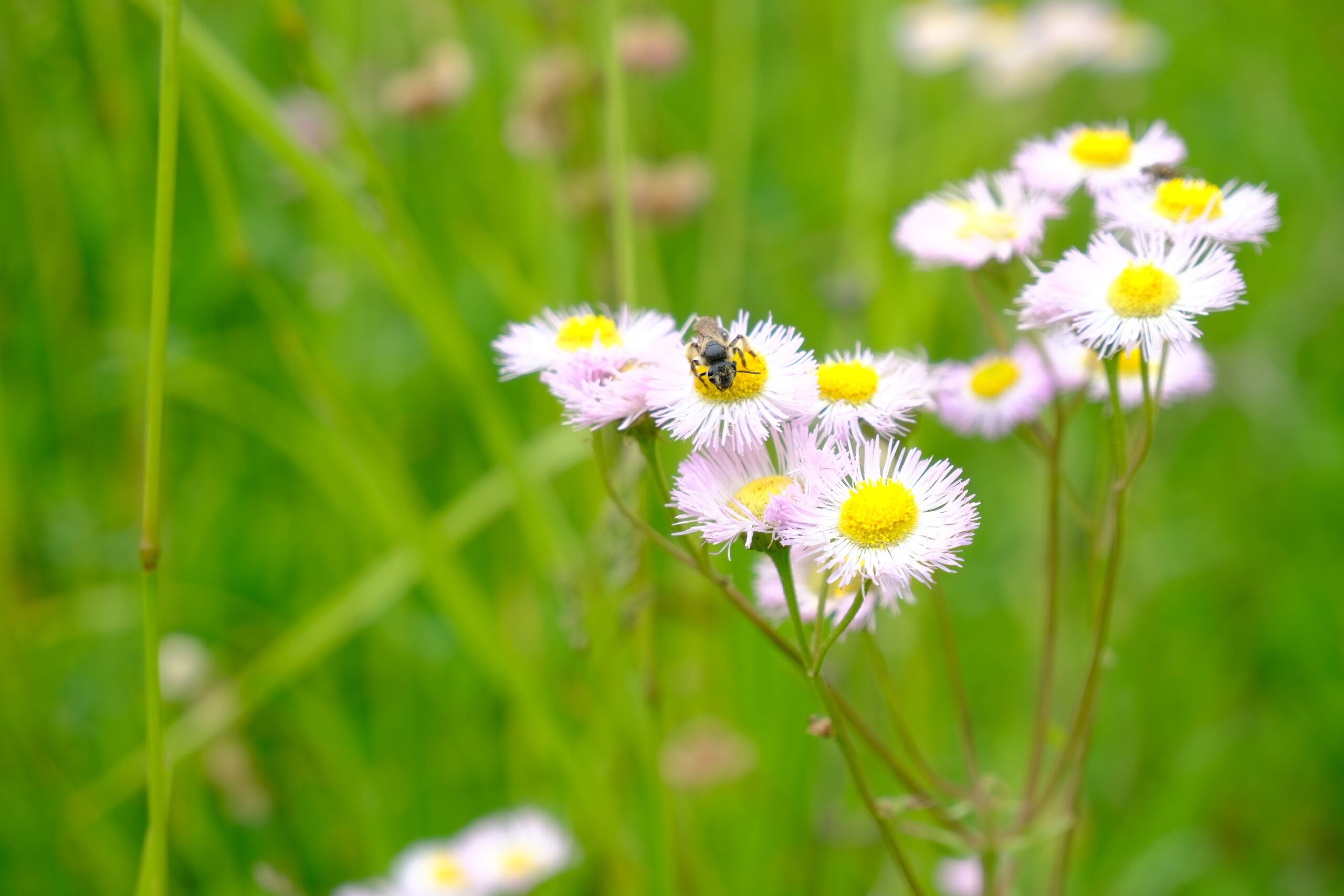
Winooski Valley Park District
‘Pollinator Health: Re-establishing Native Plants on the Landscape through Increasing Supply, Participation and Outreach & Education and Advocacy: School-Based Tree Nurseries and Pollinator Habitat Restoration’
(Burlington, VT) This project is focused on increasing native plants, native habitat, and knowledge about the value of healthy ecosystems in Burlington. This will be achieved through the development of learning resources; native plant giveaways; hands-on events; native pollinator demonstration gardens; and working with youth to grow native trees and plants at Burlington, Vermont Elementary Schools.
Xerces Society, Inc.
‘From Farms to Backyards: Advancing Ecologically Responsible Pest Management and Pollinator Conservation in Vermont’
(Portland, OR) In this project, Xerces will work to enhance biodiversity and limit pesticide pollution through: (1) increasing grower use of sustainable frameworks for making decisions about seed pests and adoption of best practices for minimizing use and risks of seed treatments to pollinators; (2) promoting strong rules and effective implementation of the Pollinator Protection Bill; (3) expanding adoption of Integrated Pest and Pollinator Management (IPPM) practices with incentives that help growers transition away from neonicotinoids and other harmful insecticides; and (4) encouraging widespread community efforts to ensure pollinator habitat is insecticide-free.
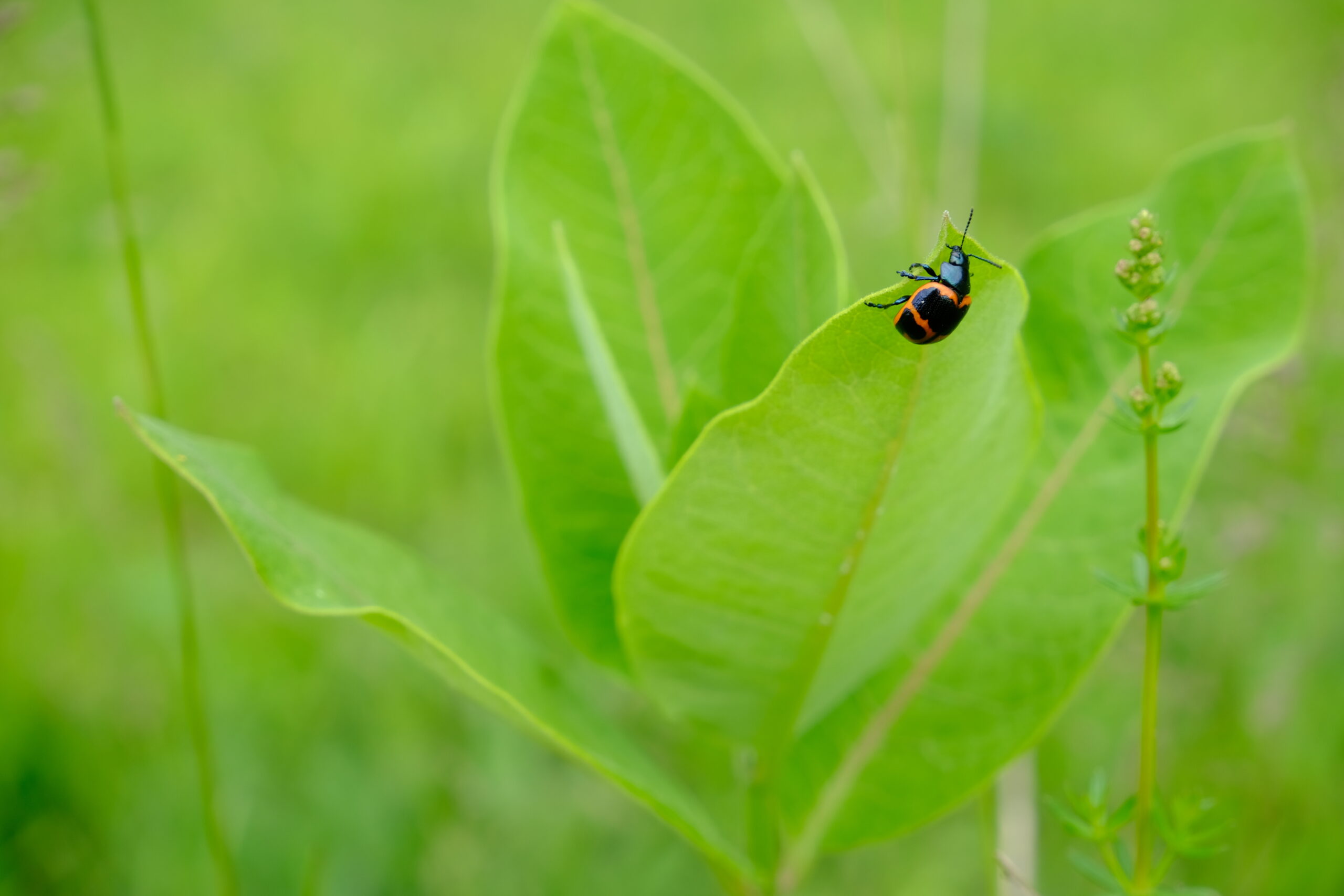

Xerces Society, Inc.
‘From Farms to Backyards: Advancing Ecologically Responsible Pest Management and Pollinator Conservation in Vermont’
(Portland, OR) In this project, Xerces will work to enhance biodiversity and limit pesticide pollution through: (1) increasing grower use of sustainable frameworks for making decisions about seed pests and adoption of best practices for minimizing use and risks of seed treatments to pollinators; (2) promoting strong rules and effective implementation of the Pollinator Protection Bill; (3) expanding adoption of Integrated Pest and Pollinator Management (IPPM) practices with incentives that help growers transition away from neonicotinoids and other harmful insecticides; and (4) encouraging widespread community efforts to ensure pollinator habitat is insecticide-free.
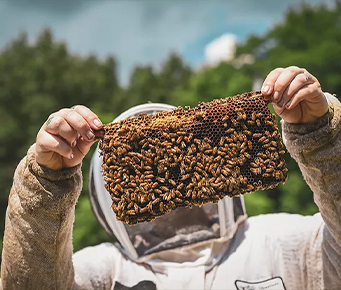 04.22.2025
04.22.2025
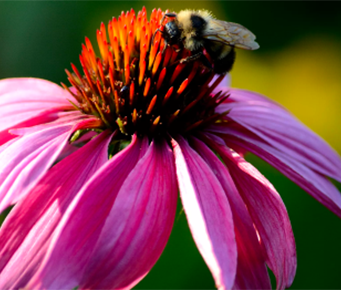 04.22.2025
04.22.2025
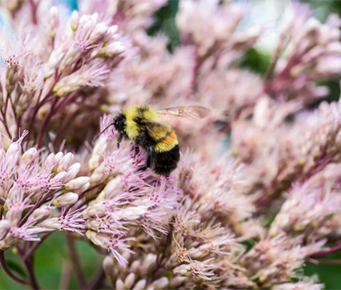 04.22.2025
04.22.2025